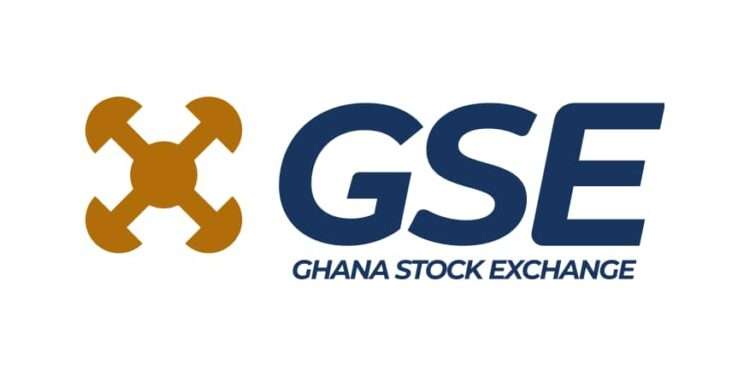GSE: GSE-CI, GSE-FSI end the month of April with 12.18% and -14.34% returns for investors
The performance of individual stocks was mixed, with BOPP (20.91%), UNIL (20.00%), GCB (1.59%), MTNGH (0.80%), and GOIL (0.61%) emerging as the top five gainers of the month. However, overall volume and value traded during the period were down significantly, with 5,543,856 shares valued at GHS 7,315,977.28 changing hands. This represents a decrease of 94.72% and 93.17% respectively compared to the same period last year.
The Ghana Stock Exchange Composite Index (GSE-CI) ended the month of April on a somber note, losing 3.87 points in the period to bring the year-to-date (YTD) return to a positive 12.18%. The GSE Financial Stock Index (GSE-FSI) fared even worse, losing 48.39 points during the same period and extending its YTD losses to 14.34%. This decline came in response to the latest round of audited full-year 2022 results and unaudited Q1 2023 figures released by major banks.
The performance of individual stocks was mixed, with BOPP (20.91%), UNIL (20.00%), GCB (1.59%), MTNGH (0.80%), and GOIL (0.61%) emerging as the top five gainers of the month. However, overall volume and value traded during the period were down significantly, with 5,543,856 shares valued at GHS 7,315,977.28 changing hands. This represents a decrease of 94.72% and 93.17% respectively compared to the same period last year.
The cumulative volume of shares traded on the exchange for the year-to-date period ending in April was 186,888,644, valued at GHS 206,364,155.69. This represents a decrease of 51.55% and 49.55% respectively compared to the same period last year. The lackluster performance of the exchange during the month can be attributed to a number of factors, including the ongoing impact of the COVID-19 pandemic, continued uncertainty around the political and economic climate in the country, and a lack of investor confidence.
Despite these challenges, there are some signs of hope on the horizon. The Ghanaian government has taken a number of steps to address some of the structural challenges facing the economy, including efforts to improve the business environment, reduce the cost of doing business, and increase investment in key sectors such as agriculture, infrastructure, and energy. In addition, the government has signaled its commitment to pursuing policies that support economic growth and development, including measures to increase access to credit, promote entrepreneurship, and enhance the skills of the workforce.
Looking ahead, there are reasons to be cautiously optimistic about the future of the Ghanaian economy and its capital markets. While the road ahead will no doubt be challenging, with continued volatility and uncertainty likely to persist in the short term, there are also opportunities for investors who are willing to take a long-term view. By focusing on the underlying fundamentals of individual stocks and taking a disciplined, research-driven approach to investing, it is possible to identify promising opportunities in the Ghanaian market and position oneself for success in the years ahead.
Source: norvanreports


